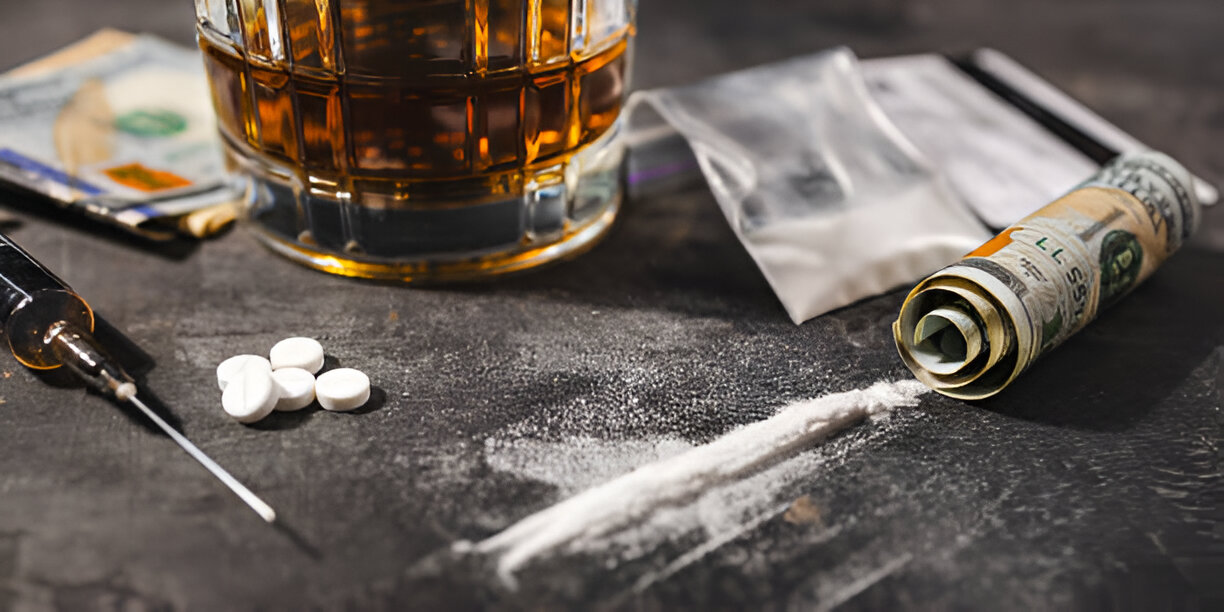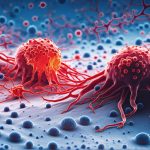
Shocking revelations are being made in the drug raids being conducted on Bollywood, Hollywood and many famous celebs. In such a critical situation, it is important to know how dangerous drug consumption can prove to be for your mental health.
Recently, there has been a stir in Bollywood after the arrest of star kid Aryan Khan (son of Bollywood star Shahrukh Khan) in the drugs case. This is not the first case, so many cases there but cases related to drugs are increasing rapidly. This is not a good sign for healthy life. Consumption of drugs can make you hollow and sick from inside. It not only makes you physically ill, but also harms mental health and causes trouble to your family. Drug overdose can also lead to early death of a person. Know how all types of drugs affect your nervous system.
- What does the research say about this?
Drug abuse can cause your brain to stop working properly at any time. The brain stem, limbic system, and cerebral cortex are all affected by high doses, reports the National Institute on Drug Abuse (NIDA). The brain stem controls your daily life functions, including sleep, breathing and heart rate, while the limbic system regulates your emotions.
- Some of the main chemicals in your nervous system (the brain, spinal cord, and a complex network of nerves)!
- Dopamine – This neurotransmitter regulates mood. It enhances pleasure, is involved in movement, reward, behavior, motivation, and attention..
- Serotonin – This neurotransmitter is responsible for stabilizing mood and regulating emotions.
- Gamma Aminobutyric acid – GABA acts as a natural tranquilizer, reducing the stress response and lowering anxiety levels as well as slowing down the functions of the central nervous system.
- Nor epinephrine – Similar to adrenaline, nor epinephrine is often called the “stress hormone” because it stimulates the central nervous system in response to the “fight-or-flight” response. It also maintains focus and attention while increasing energy levels.
- Side effects of drugs on brain chemicals (dopamine, serotonin, nor epinephrine, GABA, and glutamate).
- Marijuana- Marijuana is one of the most regularly used illicit drugs. Its use is especially common among teenagers and young adults, NIDA reports.
- Heroin – Heroin binds to your opioid receptors and triggers the release of dopamine. In a sense, these drugs hijack the limbic system in the brain.
- Cocaine, methamphetamine, and other stimulants – They increase heart rate, body temperature, and blood pressure while also increasing energy levels, attention, alertness, and wakefulness. They also suppress appetite. Cocaine and meth, in particular, are highly addictive because they rapidly flood the brain with dopamine.




